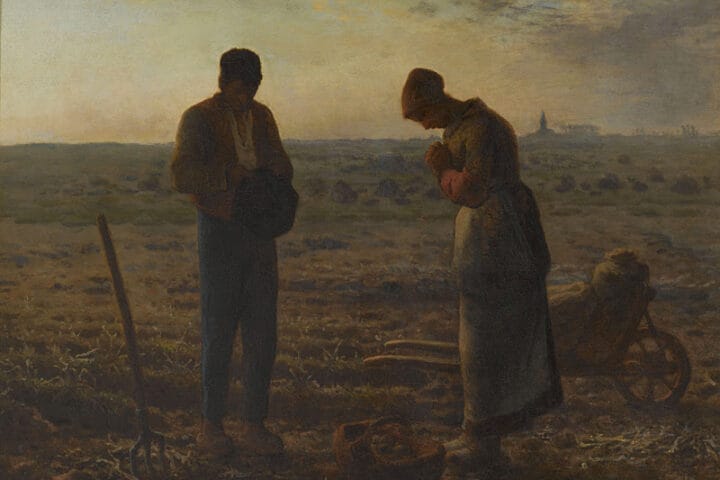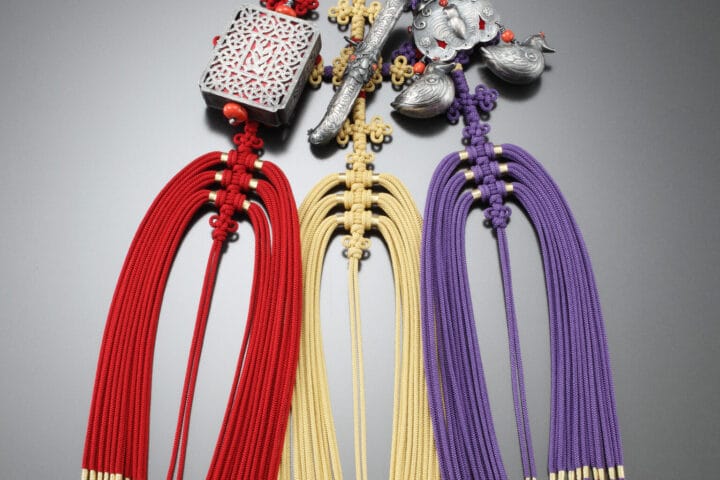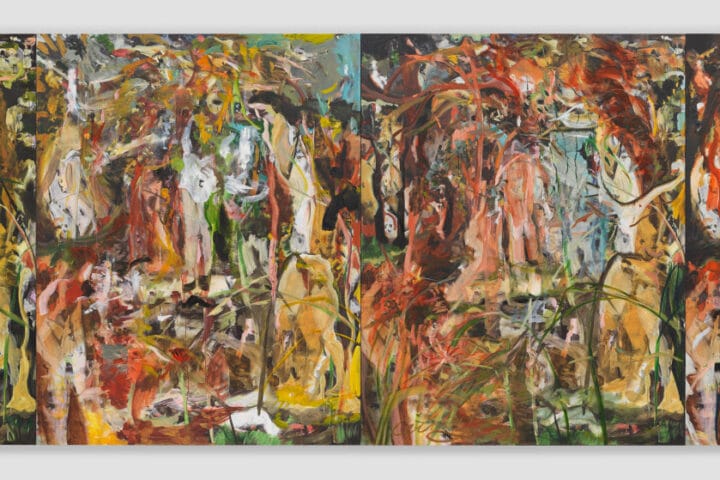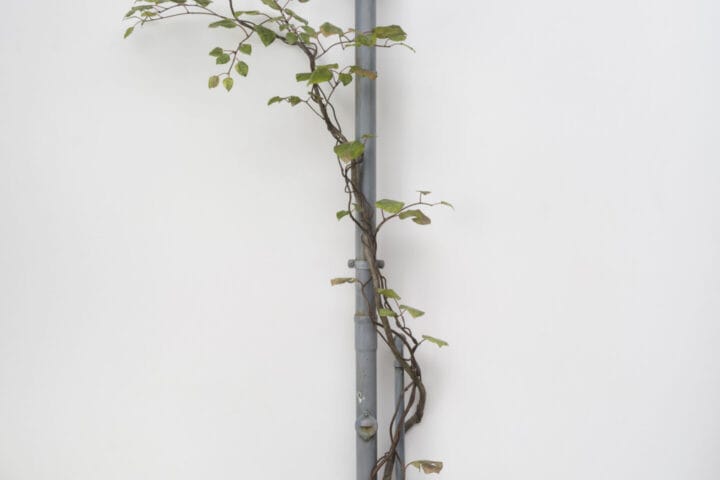Gallery 1957, Ghana is proud to announce the gallery’s first solo exhibition of new works by Araba Opoku (b. 1998, Ghana), running from September 24 to October 22, 2022. Opoku won the first edition of The Yaa Asantewaa Art Prize in 2021, an accolade launched by Gallery 1957 dedicated to women artists living and working in Ghana and its diaspora.
Based in Accra, artist Araba Opoku paints psychological dreamscapes that delve into socioeconomic problems. Her current body of work focuses on water scarcity in the capital. The immersive show at Gallery 1957, Accra presents new canvases alongside video projections, textiles, installations and sounds creating a sensory experience of the artist’s nighttime vigil. Across an abstract, ethereal body of work, Opoku’s paintings of aquatic blues and vegetative greens subtly evoke her ritualistic experience of collecting water, which began when she moved to Dansoman with her mother and sister a decade ago. Exploring this tradition of gathering water at midnight across generations, the exhibition considers the effects of moonlight, the cyclical nature of being, lost twins and symmetry, the passing of transitory memory and constellations made from stars to spiders. For this new body of work, the artist persistently turns towards these nocturnal creatures, connecting the intricate worlds she creates in her art to the expansive blankets ensuing from their webs; textile-like places that make you feel safe, held and capable of imagining new and endless possibilities.
The artist’s process starts with collaged collections of everyday objects relating to her midnight fetching ceremony, from sinks and streets to plants and the moon. She then transfers these collages to the computer, creating warped compositions that serve as maps to her physical and psychological processes. When Opoku finally transports these sketches to paper, she relishes in pouring splashes of water and paint directly onto the canvas. This aqueous foundation is then built up through layers of acrylic colour and web-like borders, their undulating surfaces mirroring the effects of water with collaged details recalling our dream states. The artist explains, “The mind is a map, an entire world waiting to become tangible in form, I explore how and why I want to make that possible”.
Also on view is Opoku’s first video work and an accompanying soundscape, documenting the sensory stages of midnight rising and water rationing with her sister. The video captures a unique participatory performance that explores what’s both shared and lost in the collective process of collecting water – similar to the childhood game of ‘Whispers Down the Lane’, in which messages are passed from ear to ear, transforming as they traverse.
Opoku’s creative process is informed by her current studies towards a psychology degree at the University of Ghana, empowering her to explore the individual and familial effects on those deprived of a basic need, whilst also celebrating their resilience in the light of it. Her choice of characters, colours and visual language portray the diverse experiences of Accra residents, capturing still moments that also narrate stories of ordinary people and the essence of water in all our daily lives. As an accompanying programme to the exhibition, Opoku invites groups of children to engage in a thematic workshop series responding to the installation. The exhibition is curated by Katherine Finerty, London-based Curator, Art Historian and Writer.
Finerty comments, “This exhibition focuses on the midnight hour of gathering water: a daunting yet dreamlike cycle in resonance with the moon. Through a personal exploration of limited resources, inter-connected communities and repeating rituals —both physical and psychological– Araba’s watery worlds conjure hope, beauty and even satisfaction from struggle. Her paintings form choreographies of colour that propel us into another universe: an upside-down limbo where our nocturnal senses help us not only hydrate but heal.”
Opoku comments, “My work for the past 5 years has explored aspects of complexity, chaos and intricacy. Most of my work stems from the need to break free from boundaries society has set on me and the need to draw other people like me together, as a collective unit, creating an ecosystem of boundless, limitless expressions of self. I find myself continually returning to aspects of life that are often hidden or misrepresented in the society that we live in. I focus on the topics society talks about but has minimum or no control over. My research allows me to channel my energy into producing art that represents the silent voices that need to be heard and the context and final products of my work have had an impact on people like and unlike me who have experienced my process or viewed my art.”










